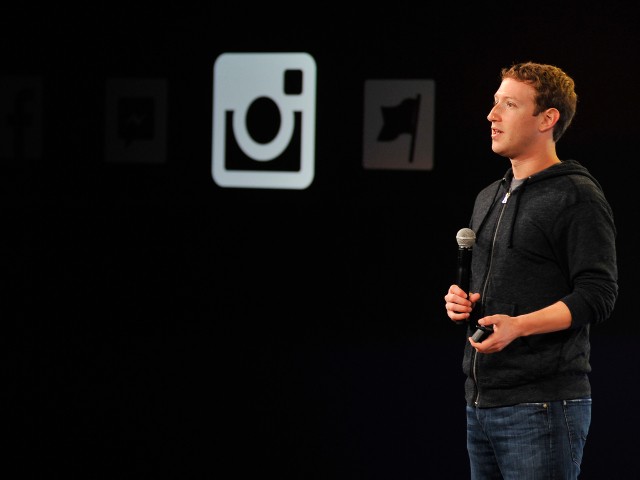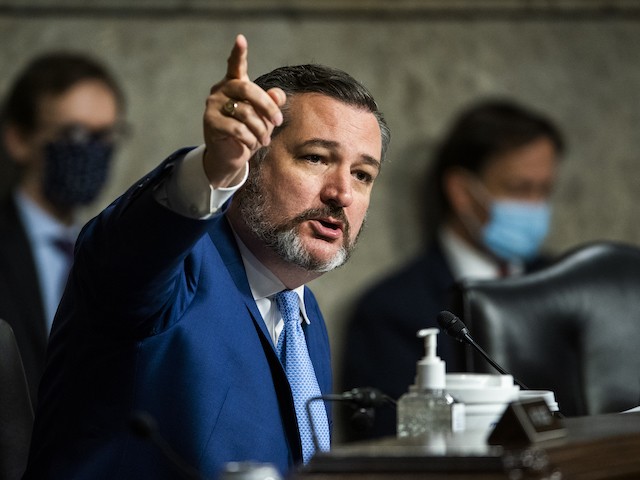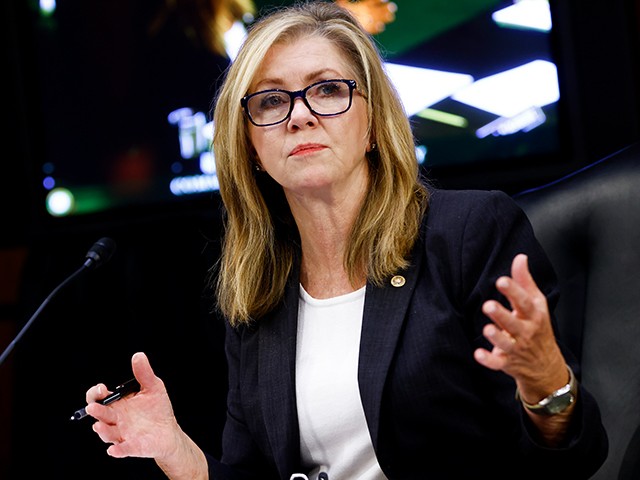Despite serious political pressure and damaging internal leaks showing the toxic impact of Instagram on teens’ meant health, Facebook isn’t backing down on its desire to develop an “Instagram for Kids.”
Recode reports that during a Senate hearing this week, Instagram CEO Adam Mosseri revealed that the company is still considering developing an “Instagram for Kids” app despite recent reports on the platform’s negative effect on teens’ mental health and previous promises to halt the development of such an app.
During te hearing, Sen. Richard Blumenthal (D-CT) asked Mosseri if he would commit to permanently ending the development of Instagram for Kids, to which Mosseri responded: :What I can commit to you today is that no child between the ages of 10 to 12 — should we ever manage to build Instagram for 10- to 12-year-olds — will have access to that without explicit parental consent.”
Mosseri’s answer shows that Facebook may still build an app for kids, it will simply require some form of parental consent for children to access it.
Blumenthal further asked Mosseri if he supported legislation that would outlaw social media apps that are designed to be addictive, Mosseri responded:
Senator, respectfully, I don’t believe the research suggests that our products are addictive. Research actually shows that on 11 of 12 difficult issues that teens face, teens who are struggling said that Instagram helps more than harms.
In a report titled “Facebook Knows Instagram Is Toxic for Teen Girls, Company Documents Show,” the WSJ claimed that Facebook was aware that Instagram can have a negative effect on the body image of young women.
The WSJ wrote:
“Thirty-two percent of teen girls said that when they felt bad about their bodies, Instagram made them feel worse,” the researchers said in a March 2020 slide presentation posted to Facebook’s internal message board, reviewed by The Wall Street Journal. “Comparisons on Instagram can change how young women view and describe themselves.”
…
“We make body image issues worse for one in three teen girls,” said one slide from 2019, summarizing research about teen girls who experience the issues.
“Teens blame Instagram for increases in the rate of anxiety and depression,” said another slide. “This reaction was unprompted and consistent across all groups.”
Recent research by the activist group SumOfUs showed that Instagram still displays posts promoting eating disorders, diet pills, and skin whitening products to teenagers. Instagram has banned some hashtags relating to eating disorders but researchers found that users can get around these restrictions by using creative hashtags that have racked up over tens of millions of posts.
Sen. Ted Cruz (R-TX) further pressed Mosseri about the effect of Instagram on teens’ mental health, while Mosseri argued that Instagram actually improved the lives of teens.
“If we’re going to have a conversation about the research, I think we need to be clear about what it actually says. It actually showed that one out of three girls who suffer from body image issues find that Instagram makes things worse, and that came from a slide with 23 other statistics where more teens found that Instagram makes things better,” said Mosseri.
Mosseri later claimed that social media platforms like Instagram have “helped important movements like body positivity to flourish. … It has helped diversify the definitions of beauty, and that’s something that we think is incredibly important.”
Sen. Marsha Blackburn (R-TN) was not convinced by Mosseri’s arguments, stating: “I’m a mom; I’m a grandma. … I have a 12- and 13-year-old grandson. I’m talking to parents all the time, and we know that [in] the vast number of stories that we are hearing, so many of the parents mentioned the adverse impact” of social media.
Blackburn said that Mosseri’s claims that Instagram was more beneficial to teens than harmful was “astounding” and “really sounded removed from the situation.”
Read more at Recode here.
Lucas Nolan is a reporter for Breitbart News covering issues of free speech and online censorship. Follow him on Twitter @LucasNolan or contact via secure email at the address lucasnolan@protonmail.com




COMMENTS
Please let us know if you're having issues with commenting.